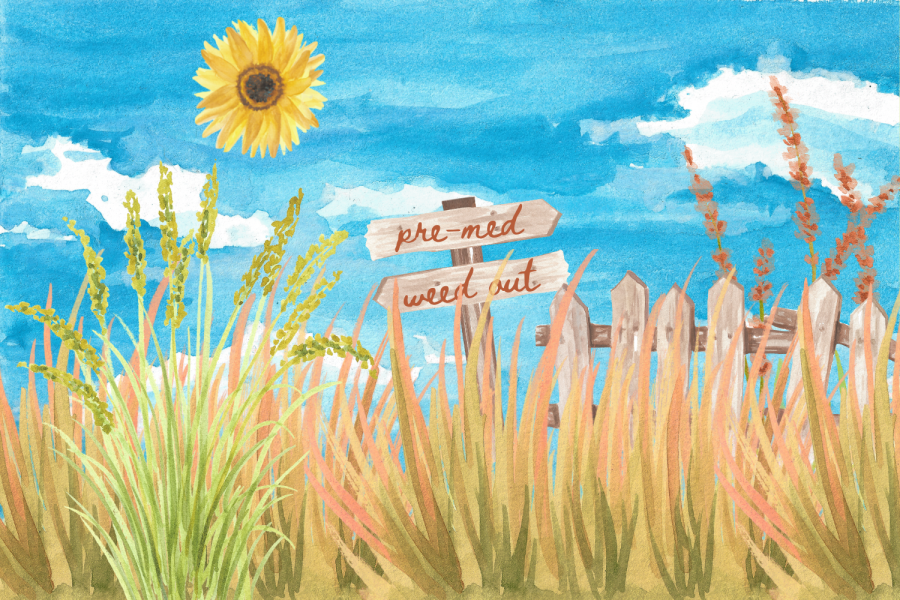On Oct. 21, Vanderbilt Professor of Biological Sciences Doug McMahon co-authored a study published in the journal “Scientific Reports” describing the effects of certain pesticides on the sleep patterns of honey bees.
Graduate student Michael Tackenberg and postdoctoral scholar Manuel Giannoni-Guzmán aided the study. According to McMahon, the study was conducted using bees from a hive on top of the Stevenson 2 building, which are free from pesticides. Bees have been on top of the Stevenson Center since 2014, according to Manuel Giannoni-Guzmán, the current beekeeper.
Small numbers of honey bees were captured and given small doses of neonicotinoids to measure sleep patterns.
The study found that neonicotinoids, a nicotine-derived pesticide, disrupted the circadian rhythm cycles of honey bees, causing them to lose their sense of time and navigation skills.
Some bees affected by neonicotinoids in small doses lost their sleep-wake rhythm entirely, causing them to be entirely arrhythmic in their behavior, while others were very delayed in their behavior, according to McMahon.
“The significance [of the study] is a little bit more connection of the dots between the disappearance of honey bees and pesticide use by showing pesticides affect an important process in the honeybees, the circadian clock.”, said Tackenberg.
Other researchers have shown that immune deficiencies in honey bees may be caused by pesticide use, according to Tackenberg.
“It is kind of like having jetlagged bees—they are out of touch with their environment, losing sleep and, in some cases, acting entirely random with no sleep-wake rhythms,” McMahon said.
McMahon hopes that future studies can understand methods that farmers and regulators can better protect honey bees from neonicotinoids. The majority of neonicotinoids are banned for use in Europe, although they have remained unregulated in the United States.
“If [honey bees] are not healthy, it is a sign that the environment they are in is not healthy,” McMahon said.






